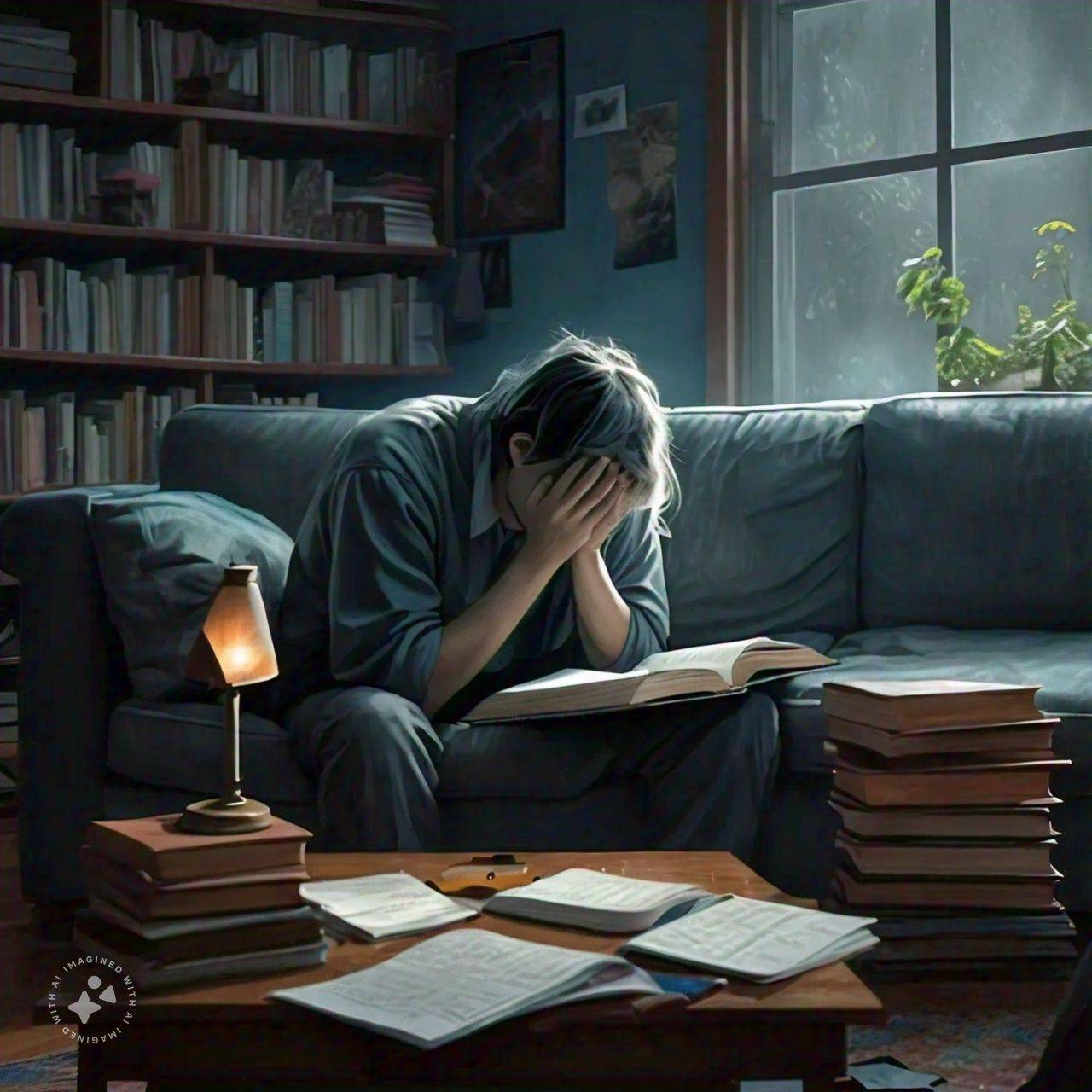Depression is more than just feeling sad or having a bad day. It is a serious mental health condition that affects millions of people worldwide, impacting how they think, feel, and function in daily life. Understanding the signs of depression and exploring potential solutions is essential for early intervention and effective management.
What is Depression?
Depression is a mood disorder characterized by persistent feelings of sadness, hopelessness, and a lack of interest in activities once enjoyed. It affects not only mental health but also physical well-being.
Common Signs of Depression
1. Emotional Symptoms
Persistent sadness or a sense of emptiness.
Loss of interest or pleasure in activities.
Feelings of guilt, worthlessness, or helplessness.
2. Physical Symptoms
Fatigue or low energy.
Changes in appetite or weight (eating too much or too little).
Sleep disturbances (insomnia or oversleeping).
3. Cognitive Symptoms
Difficulty concentrating or making decisions.
Thoughts of self-harm or suicide.
Causes of Depression
Depression can be triggered by various factors, including:
Biological: Imbalances in brain chemicals or genetics.
Psychological: Trauma, stress, or low self-esteem.
Environmental: Life events like job loss, relationship issues, or financial problems.
Understanding the root cause is essential for tailoring treatment options.
Solutions for Managing Depression
1. Seek Professional Help
Therapists, psychologists, and psychiatrists can provide tailored treatments, including:
Cognitive Behavioral Therapy (CBT): Helps reframe negative thought patterns.
Medication: Antidepressants may be prescribed in severe cases.
2. Stay Connected
Isolation can worsen depression. Reach out to friends, family, or support groups for emotional support. Talking about your feelings can make a big difference.
3. Adopt Healthy Lifestyle Changes
Exercise Regularly: Physical activity releases endorphins, which improve mood.
Balanced Diet: Foods rich in omega-3s, antioxidants, and whole grains can support brain health.
Sleep Hygiene: Maintain a consistent sleep schedule and limit screen time before bed.
4. Practice Mindfulness and Relaxation
Techniques such as meditation, yoga, and deep breathing exercises can reduce stress and promote a sense of calm.
5. Set Small Goals
Break tasks into manageable steps. Accomplishing even minor goals can boost self-esteem and provide a sense of achievement.
When to Seek Immediate Help
If you or someone you know experiences thoughts of self-harm or suicide, seek help immediately. Contact a mental health professional or reach out to a crisis hotline in your area.
Depression is a treatable condition, and no one has to face it alone. By recognizing the signs and seeking help, you can take the first steps toward recovery. Remember, healing is a journey, and small steps can lead to significant progress.




No comments yet
Be the first to share your thoughts!